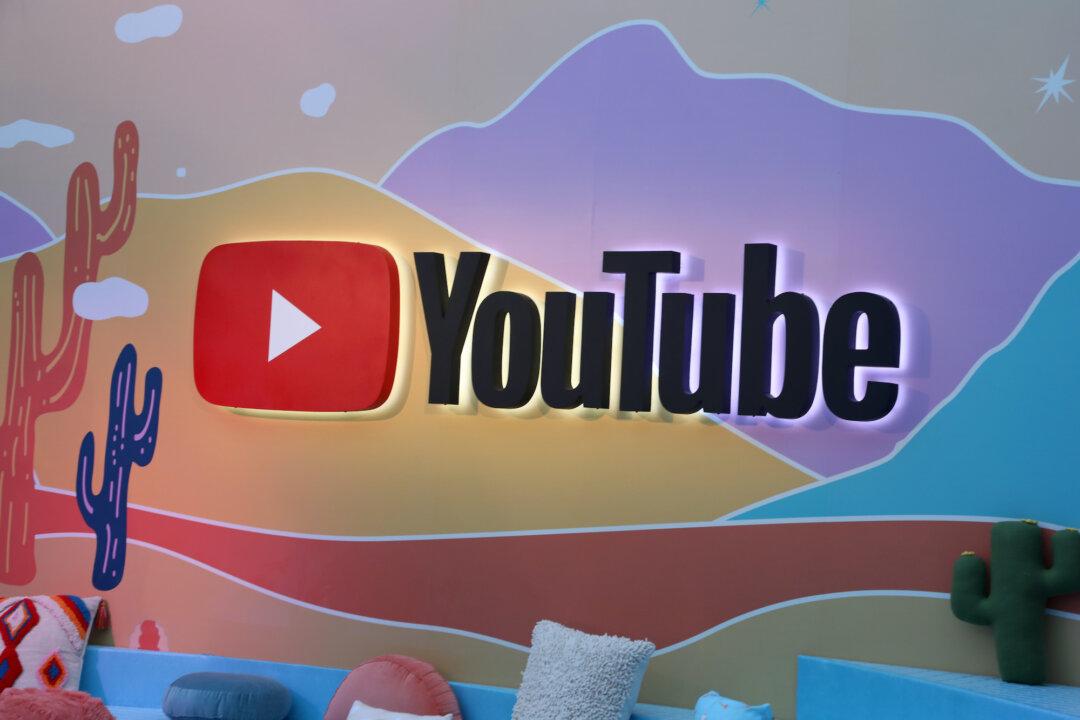A bipartisan group of senators has written a letter to the U.S. Federal Trade Commission (FTC) asking for an investigation into YouTube’s alleged collection and use of children’s data.
“We write following recent reporting that reveals YouTube and Google may have violated the Children’s Online Privacy Protection Act (COPPA) and their own policies by tracking and targeting kids without parental notice and consent,” the Aug. 17 letter (pdf) from Sens. Ed Markey (D-Mass.) and Marsha Blackburn (R-Tenn.) said. YouTube may also have violated its 2019 “consent decree” with the FTC by showing targeted ads on videos aimed at kids, the letter stated citing research from ad quality and transparency platform Adalytics.





